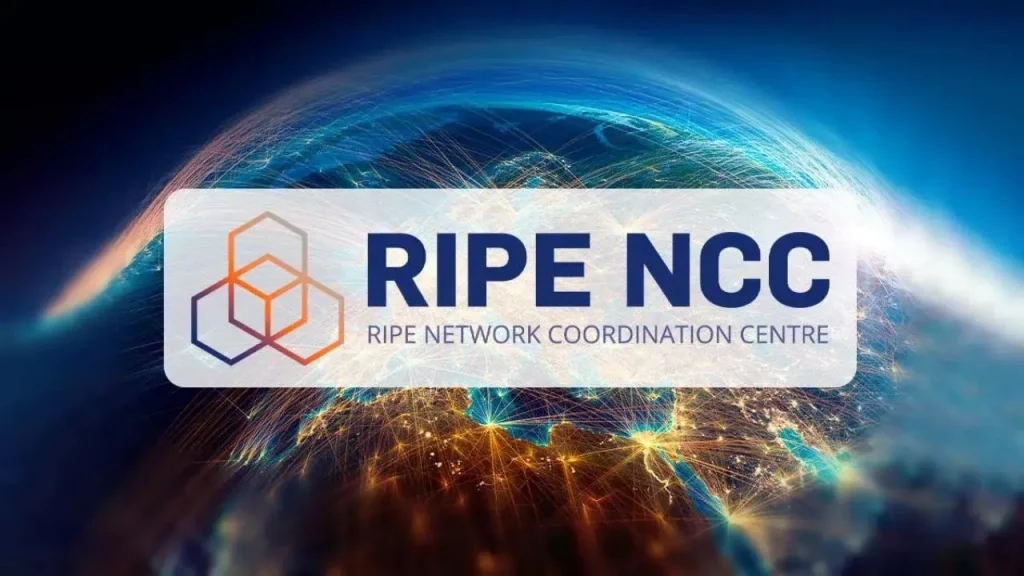- RIPE NCC released a summary of feedback on the draft RIR governance document from a diverse set of stakeholders.
- Contributors called for stronger checks on the Number Resource Organisation and clearer operational boundaries.
What happened: RIPE NCC gathers global feedback on draft RIR governance document
The RIPE Network Coordination Centre (RIPE NCC) has published a summary report following its public consultation on the draft “Overview of RIR Governance” document. The report collected 49 responses from participants including operators, civil society members, and former RIR staff, offering a rare look into global stakeholder sentiment on how Regional Internet Registries are governed.
While some participants welcomed the draft’s attempt to document RIR governance more clearly, many were critical of its reliance on internal language from existing documents. Others pointed to a lack of analysis of failures in current governance, particularly regarding the Number Resource Organization (NRO), the coordinating body of the five RIRs. Respondents called for improvements in transparency and clearer distinctions between operational and policy roles.
Also Read: RIPE 91 opens registration and invites proposals for Bucharest event
Also Read: RIPE NCC launches transparency portal for member accountability
Why this is important
This consultation arrives amid heightened scrutiny of RIRs following recent legal disruptions at AFRINIC, the regional registry for Africa. The legal dispute, involving court intervention and the appointment of a receiver, exposed vulnerabilities in how RIRs are structured and held accountable. The RIPE NCC initiative is viewed as a step toward evaluating and potentially strengthening these systems.
Some respondents argued the NRO lacks effective community oversight, while others raised concerns about ICANN’s ambiguous role in global number governance. Civil society groups, including the Internet Governance Project, have echoed calls for clearer boundaries between governance and operations, as well as stronger checks on the authority of coordinating bodies. Whether this leads to structural change remains to be seen, but RIPE NCC’s move has sparked a broader debate across the internet infrastructure community.

